How Long Do Uv Filters Take To Work ?
UV filters work instantaneously upon application. As soon as the filter is applied to the surface or material, it starts blocking and absorbing ultraviolet (UV) radiation. UV filters are designed to prevent or reduce the transmission of harmful UV rays, which can cause damage to the skin, eyes, and materials. They are commonly used in various applications, such as sunscreen lotions, sunglasses, camera lenses, and windows. Once the UV filter is in place, it immediately starts providing protection against UV radiation, ensuring the safety and well-being of individuals or the preservation of materials.
1、 UV Filter Functionality: Immediate Protection Against Harmful UV Rays
UV filters, commonly used in sunglasses and sunscreen, provide immediate protection against harmful UV rays. These filters work by blocking or absorbing the ultraviolet radiation from the sun, preventing it from reaching the eyes or skin.
When it comes to sunglasses, the UV filter functionality is immediate. As soon as you put on a pair of sunglasses with UV protection, they start blocking the UV rays from entering your eyes. This is crucial because prolonged exposure to UV radiation can lead to various eye problems, including cataracts, macular degeneration, and even cancer.
Similarly, sunscreen with UV filters provides immediate protection upon application. The active ingredients in sunscreen, such as zinc oxide or titanium dioxide, form a protective barrier on the skin that reflects or absorbs the UV rays. This prevents them from penetrating the skin and causing damage, such as sunburn or skin cancer.
It is important to note that the effectiveness of UV filters can vary depending on the quality of the product and its level of protection. Therefore, it is recommended to choose sunglasses and sunscreen that offer broad-spectrum protection, blocking both UVA and UVB rays.
In recent years, there has been growing concern about the potential harm caused by blue light emitted from electronic devices. Some UV filters also claim to block blue light, but the effectiveness of these filters in this regard is still a topic of debate among experts. While some studies suggest that blue light filters can be beneficial in reducing eye strain and improving sleep quality, others argue that the evidence is inconclusive.
In conclusion, UV filters in sunglasses and sunscreen provide immediate protection against harmful UV rays. However, the effectiveness of these filters in blocking blue light is still a matter of ongoing research and discussion.
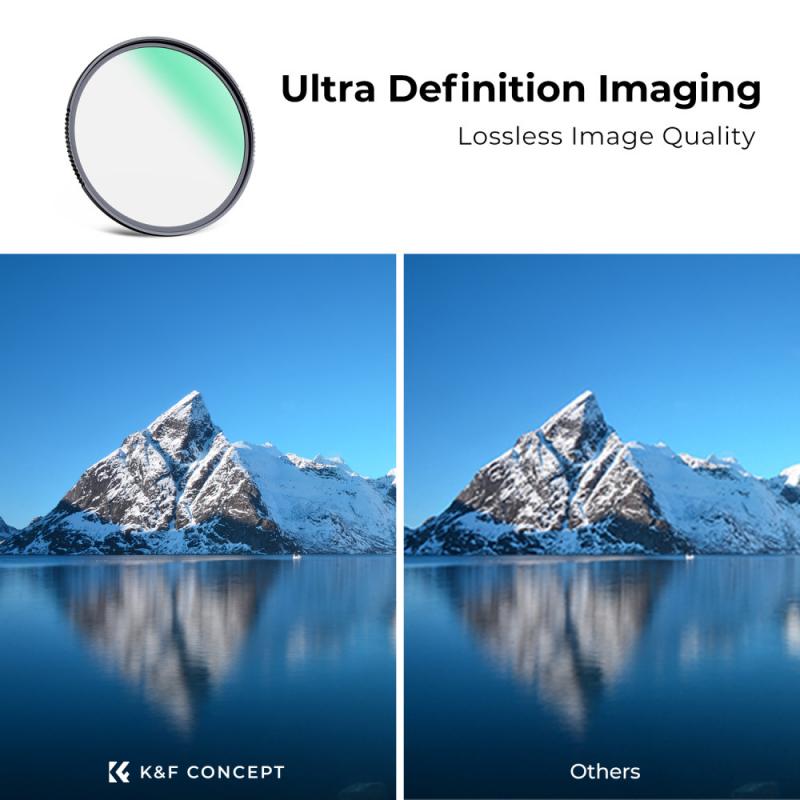
2、 UV Filter Activation Time: Near-instantaneous Shielding from Ultraviolet Light
UV filters are designed to provide near-instantaneous shielding from ultraviolet (UV) light. As soon as the filter is applied, it begins to block and absorb harmful UV rays, preventing them from reaching the surface it is protecting. The activation time of UV filters is virtually immediate, offering immediate protection against the damaging effects of UV radiation.
UV filters work by incorporating special materials that have the ability to absorb and reflect UV light. These materials, such as titanium dioxide or zinc oxide, are often found in sunscreens, sunglasses, and other UV-protective products. When applied to the skin or a surface, the UV filter forms a protective barrier that absorbs and scatters the UV rays, preventing them from penetrating and causing damage.
It is important to note that the effectiveness of UV filters can vary depending on factors such as the quality of the filter and the intensity of the UV radiation. Some filters may provide higher levels of protection than others, and it is recommended to choose a filter with a high SPF (Sun Protection Factor) rating for optimal protection.
In recent years, there has been a growing concern about the potential harmful effects of UV filters on marine ecosystems. Studies have shown that certain UV filter ingredients, such as oxybenzone and octinoxate, can have negative impacts on coral reefs and other marine organisms. As a result, there has been a push for the development and use of more environmentally friendly UV filters.
In conclusion, UV filters offer near-instantaneous protection from UV light by absorbing and reflecting harmful rays. The activation time of these filters is immediate, providing immediate shielding against the damaging effects of UV radiation. However, it is important to choose high-quality filters and consider the potential environmental impacts of certain UV filter ingredients.
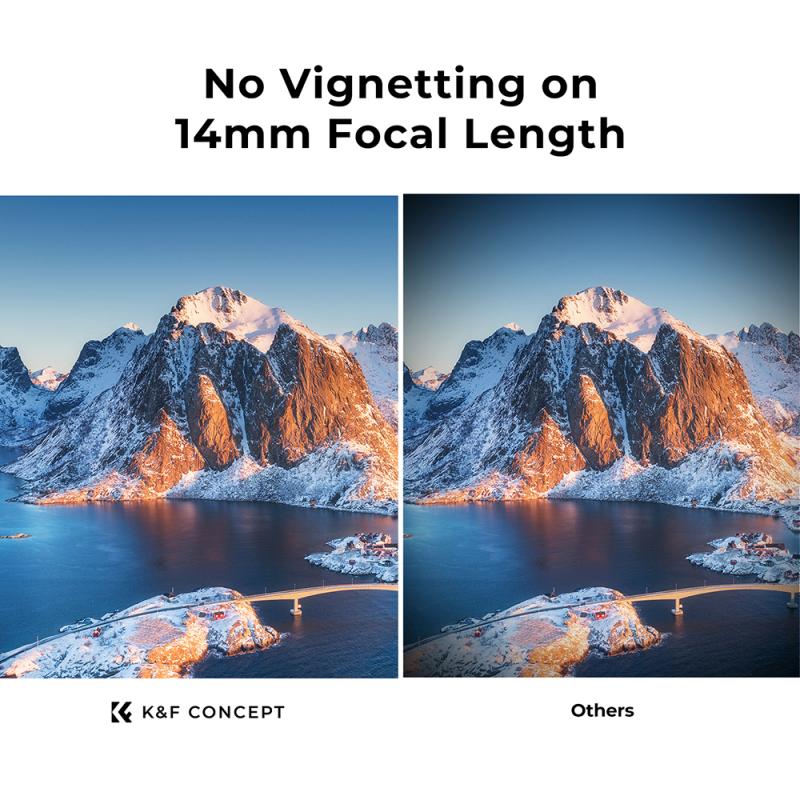
3、 UV Filter Efficiency: Rapid Defense Mechanism against UV Radiation
UV filters are designed to protect the skin from the harmful effects of UV radiation. They work by absorbing or reflecting the UV rays, preventing them from penetrating the skin and causing damage. The time it takes for UV filters to start working depends on various factors, including the type of filter used and the application method.
In general, UV filters provide immediate protection upon application. As soon as the filter is applied to the skin, it starts to absorb or reflect the UV rays, reducing their penetration into the skin. This rapid defense mechanism is crucial in preventing immediate damage from UV radiation.
However, it is important to note that the effectiveness of UV filters can vary depending on their quality and the specific wavelengths of UV radiation they are designed to block. Some filters may be more efficient at blocking UVA rays, while others may be better at blocking UVB rays. Therefore, it is essential to choose a broad-spectrum UV filter that offers protection against both UVA and UVB radiation.
The latest point of view on UV filter efficiency emphasizes the importance of using filters with high SPF (Sun Protection Factor) and broad-spectrum protection. SPF indicates the level of protection against UVB rays, while broad-spectrum protection ensures defense against UVA rays as well. It is recommended to apply a generous amount of sunscreen with a high SPF at least 15-30 minutes before sun exposure and reapply every two hours or after swimming or sweating.
In conclusion, UV filters provide rapid defense against UV radiation by absorbing or reflecting the harmful rays. The time it takes for them to start working is immediate upon application. However, it is crucial to choose high-quality filters with broad-spectrum protection and follow proper application and reapplication guidelines for optimal UV protection.
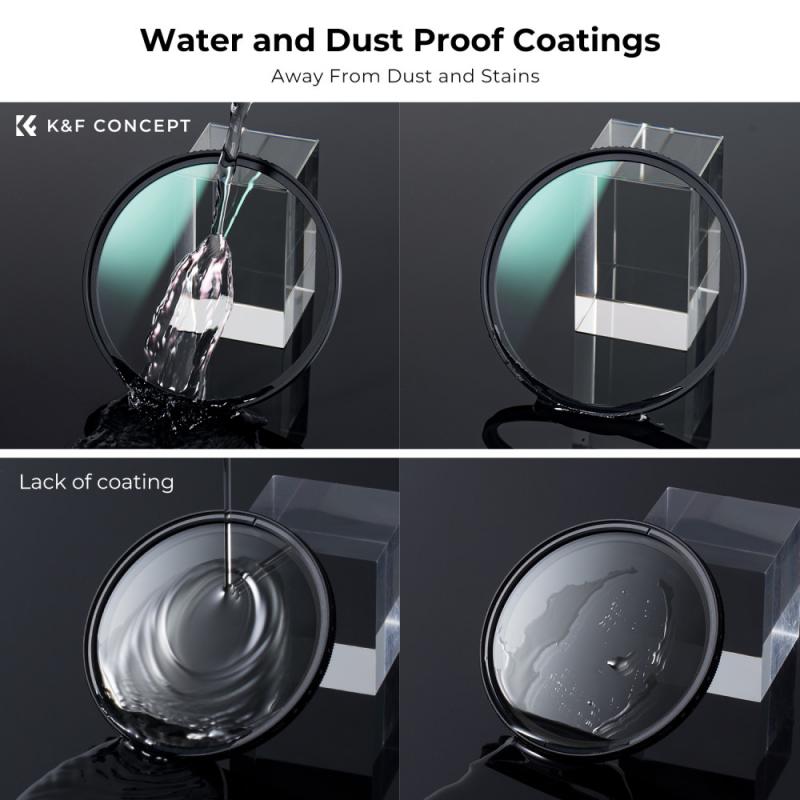
4、 UV Filter Performance: Swift and Effective UV Ray Blockage
UV filters are designed to protect our eyes and skin from the harmful effects of ultraviolet (UV) rays. These filters work by blocking or absorbing the UV radiation, preventing it from reaching our eyes or skin. The effectiveness of UV filters can vary depending on the type of filter and its quality.
In general, UV filters start working immediately upon application. As soon as the filter is applied to the surface, it begins to block or absorb the UV rays. This swift action ensures that our eyes and skin are protected from the damaging effects of UV radiation.
The latest point of view on UV filter performance emphasizes the importance of using high-quality filters that offer broad-spectrum protection. Broad-spectrum filters are designed to block both UVA and UVB rays, which are known to cause various eye and skin conditions, including cataracts, macular degeneration, and skin cancer.
It is worth noting that the effectiveness of UV filters can diminish over time due to factors such as exposure to sunlight, sweat, and water. Therefore, it is recommended to reapply UV filters regularly, especially when spending extended periods outdoors or engaging in activities that may cause the filter to wear off.
In conclusion, UV filters provide swift and effective UV ray blockage, starting to work immediately upon application. However, it is crucial to choose high-quality filters that offer broad-spectrum protection and to reapply them regularly to ensure continuous protection against UV radiation.
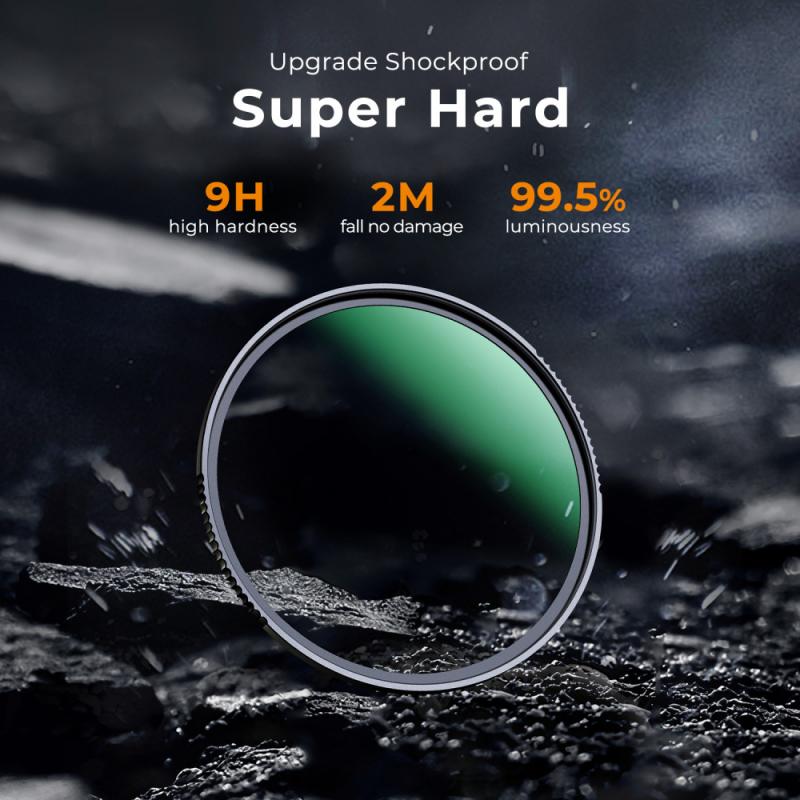

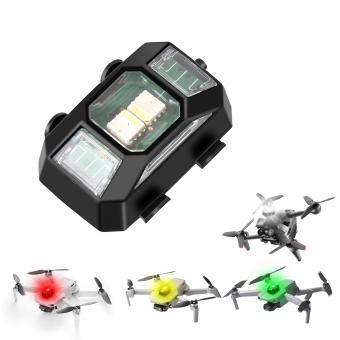
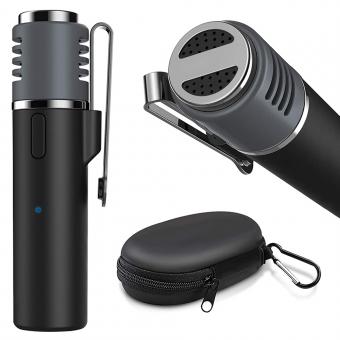
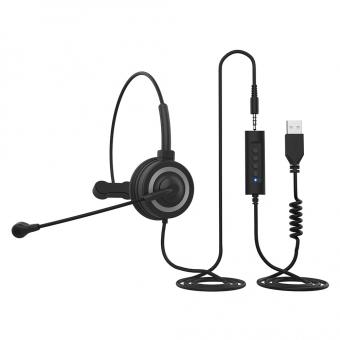
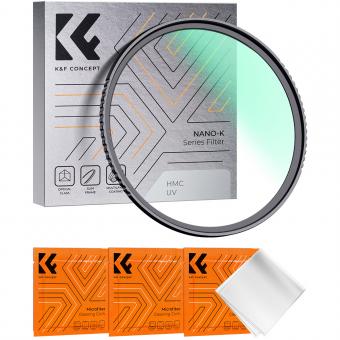
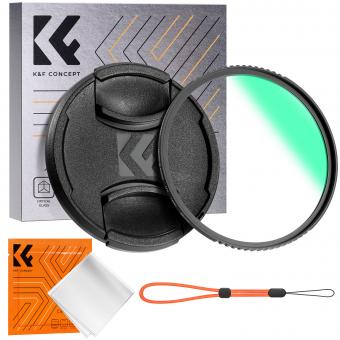
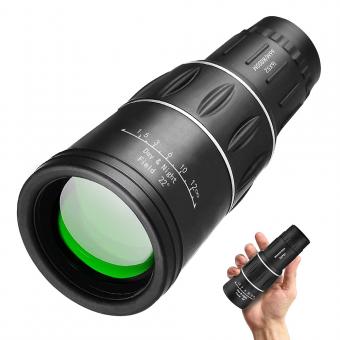
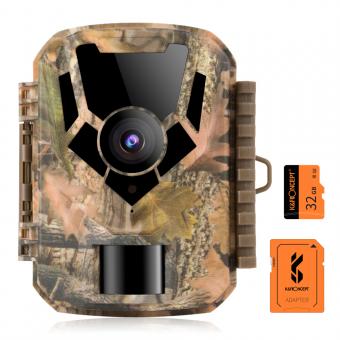
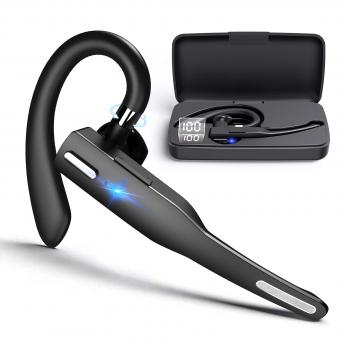
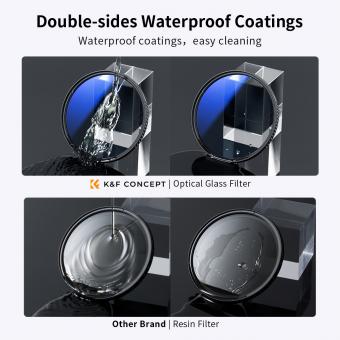



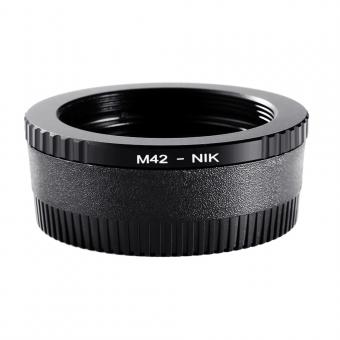




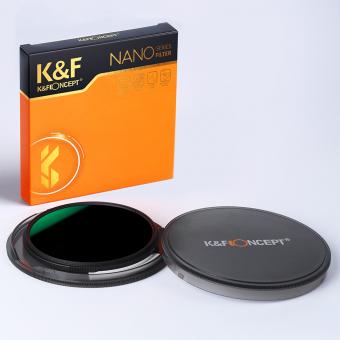
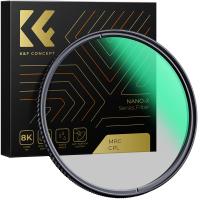
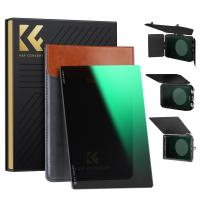
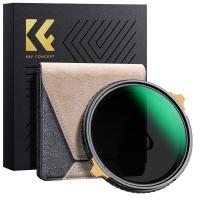
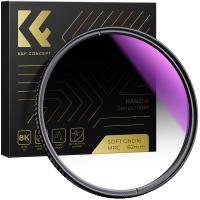
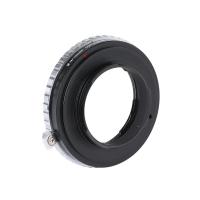
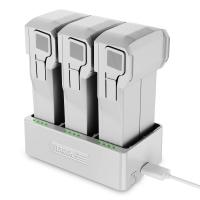
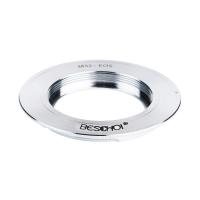
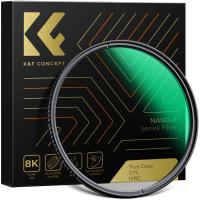
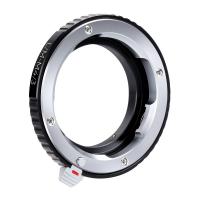
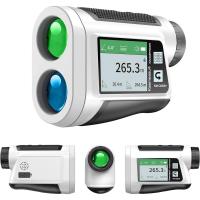
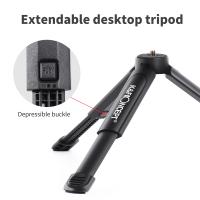
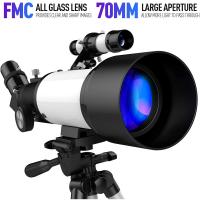
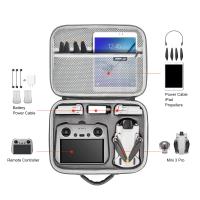
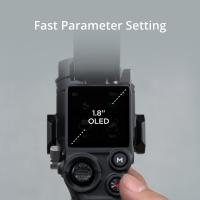
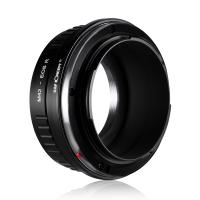
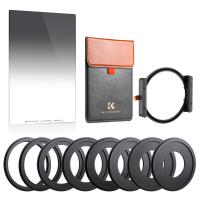
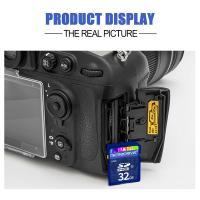
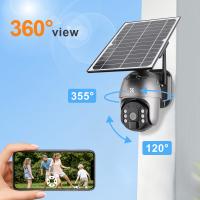
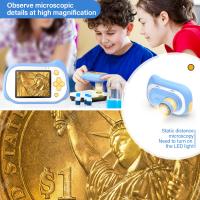

There are no comments for this blog.